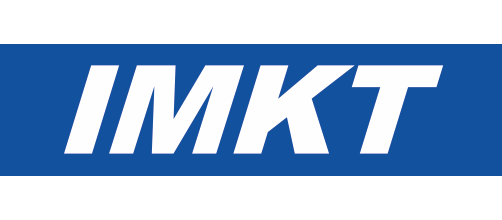Tribologische Untersuchungen zur Entstehung von White Etching Cracks (WECs)
- verfasst von
- Florian Pape, Jan Torben Terwey, Sebastian Wiesker, Stefan Averbeck, Christian Muhmann, Dieter Lipinsky, Heinrich F. Arlinghaus, Eberhard Kerscher, Bernd Sauer, Gerhard Poll
- Abstract
The aim of the presented research activities was to identify mechanical, thermal, and chemical factors possibly linked to the formation of WECs (White Etching Cracks). By means of a systematic variation of various influencing parameters, the significance of each of those was investigated. It is hoped that, once the parameters promoting WECs have been identified, the physical and chemical mechanisms responsible for WEC can be thoroughly understood in the near future. This would allow to prevent costly premature bearing failures, e. g. given in wind turbines. Four research centers in Kaiserslautern, Münster and Hannover (Institute of Machine Elements, Gears and Transmissions (MEGT), Technische Universität Kaiserslautern, Materials Testing Group (AWP), Technische Universität Kaiserslautern, Institute of Physics, Westfälische Wilhelms-Universität Münster, and Institute for Machine Design and Tribology (IMKT), Leibniz University Hannover) provide their expertise and laboratory facilities for this purpose. At IMKT full bearing investigations with cylindrical roller thrust bearings and model tests with a special ring-roller-ring tribometer were performed under varied test conditions. In a theoretical work package, the stresses induced to the bearing surface were simulated. At “Physikalisches Institut” in Münster surfaces of the bearing washers (and rolling elements) were analysed applying Time-of-Flight secondary ion mass spectrometry (ToF-SIMS) to determine the actual respective chemical composition of the tribofilms. At MEGT component tests were carried out on a three-axis dynamic test rig with radially loaded cylindrical roller bearings. The internal bearing dynamics and, above all, the associated distribution of frictional energy were analysed by means of multi-body simulation. The AWP concentrated on synthesized multi-axial dynamic stresses aimed at mirroring the stresses in a rolling contact apllied on laboratory test specimens to investigate crack initiation and growth in depth.
- Organisationseinheit(en)
-
Institut für Maschinenkonstruktion und Tribologie
- Externe Organisation(en)
-
Technische Universität Kaiserslautern
Westfälische Wilhelms-Universität Münster (WWU)
- Typ
- Artikel
- Journal
- Forschung im Ingenieurwesen/Engineering Research
- Band
- 82
- Seiten
- 341-352
- Anzahl der Seiten
- 12
- ISSN
- 0015-7899
- Publikationsdatum
- 01.12.2018
- Publikationsstatus
- Veröffentlicht
- Peer-reviewed
- Ja
- ASJC Scopus Sachgebiete
- Ingenieurwesen (insg.)
- Elektronische Version(en)
-
https://doi.org/10.1007/s10010-018-0289-6 (Zugang:
Geschlossen)
https://doi.org/10.1007/s10010-018-0289-6 (Zugang: Unbekannt)


